Another EU member most dependent on Russian energy suddenly 'turns around'
 Báo Quốc Tế•12/09/2023
Báo Quốc Tế•12/09/2023 Hungarian Prime Minister Viktor Orbán plans to replace Russian fuel at nuclear power plants. Why did Budapest make this surprising decision?
Same tag

Same category
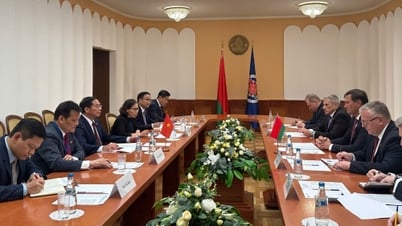
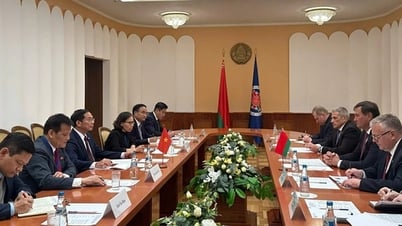
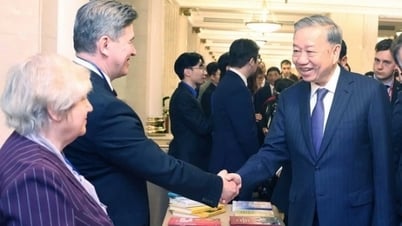


When community tourism becomes a new rhythm of life on Tam Giang lagoon

Ninh Binh tourist attractions not to be missed

Wandering in the clouds of Dalat

Villages on the Truong Son mountain range
Same author
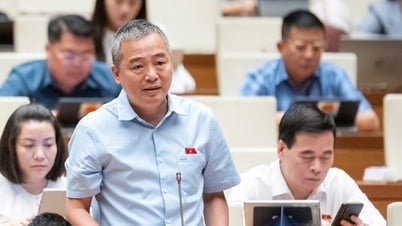



![[Photo] Prime Minister Pham Minh Chinh receives Swedish Minister of International Development Cooperation and Foreign Trade](https://vphoto.vietnam.vn/thumb/1200x675/vietnam/resource/IMAGE/2025/5/12/ae50d0bb57584fd1bbe1cd77d9ad6d97)
![[Photo] Prime Minister Pham Minh Chinh starts construction of vital highway through Thai Binh and Nam Dinh](https://vphoto.vietnam.vn/thumb/1200x675/vietnam/resource/IMAGE/2025/5/12/52d98584ccea4c8dbf7c7f7484433af5)


![[Photo] Prime Minister Pham Minh Chinh works with the Standing Committee of Thai Binh Provincial Party Committee](https://vphoto.vietnam.vn/thumb/1200x675/vietnam/resource/IMAGE/2025/5/12/f514ab990c544e05a446f77bba59c7d1)
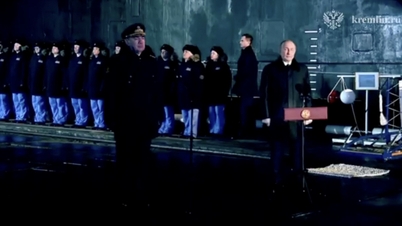

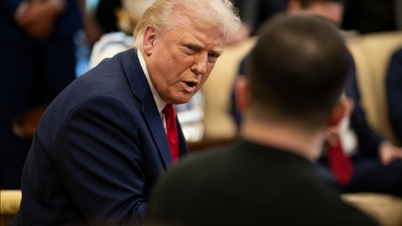














































































Comment (0)